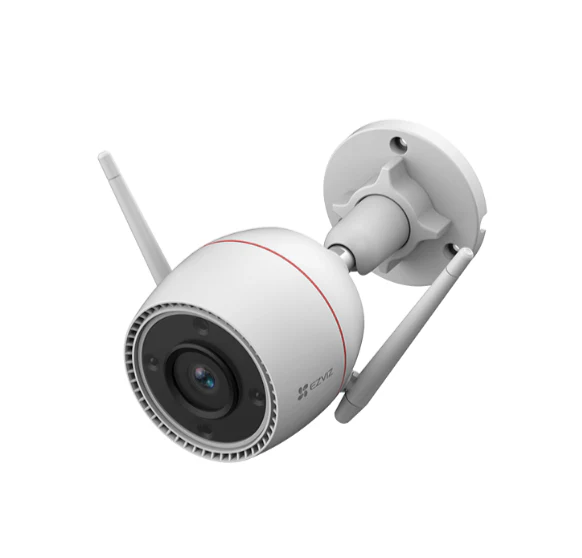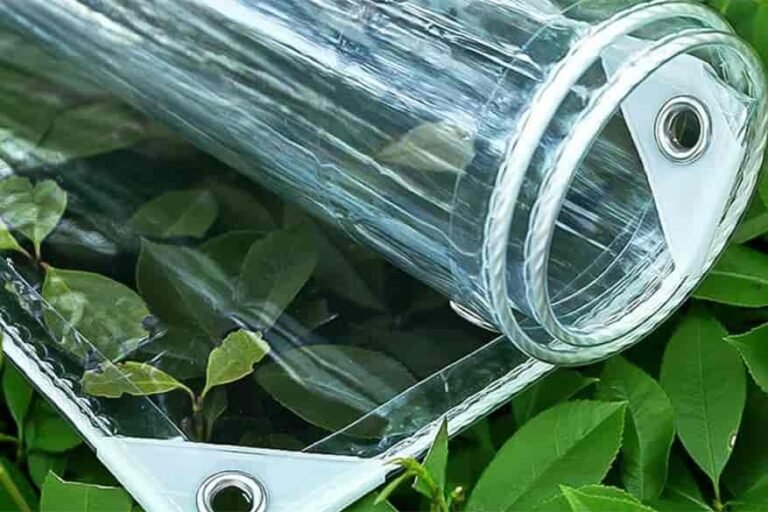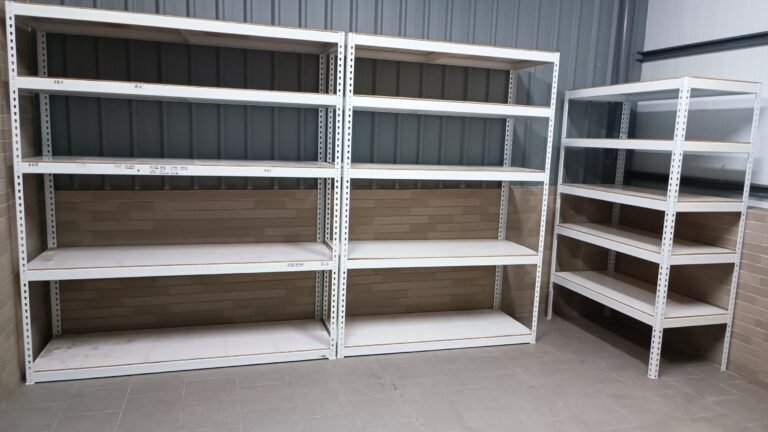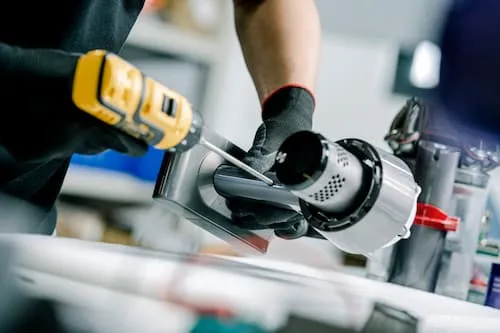
Security is a top priority for homeowners and businesses alike, and installing the right surveillance system can make all the difference. Among the many options available, a waterproof security camera has become increasingly popular due to its durability and reliability in various weather conditions. Many people, however, have questions about these cameras. This article addresses the most frequently asked questions about waterproof security cameras to help you make an informed decision.
What Is a Waterproof Security Camera?
A waterproof security camera is a surveillance device designed to withstand exposure to water and harsh environmental conditions without malfunctioning. These cameras are often rated using an IP (Ingress Protection) code, such as IP66 or IP67, which indicates their resistance to dust and water. For example, a camera with an IP66 rating is dust-tight and protected against powerful water jets, while an IP67 camera can handle temporary submersion in water. This makes waterproof security cameras ideal for outdoor installations where rain, snow, or humidity could otherwise damage standard cameras.
Why Should I Choose a Waterproof Security Camera?
Choosing a waterproof security camera ensures continuous monitoring regardless of weather conditions. Traditional security cameras are susceptible to water damage, which can lead to malfunctions, costly repairs, or even replacement. By investing in a waterproof security camera, you safeguard your property while avoiding frequent maintenance issues. Additionally, these cameras are often built with robust materials that also resist corrosion, making them suitable for areas near swimming pools, coastal regions, or industrial environments where moisture is prevalent.
Can Waterproof Security Cameras Be Installed Outdoors?
Yes, one of the primary advantages of a waterproof security camera is outdoor installation. These cameras are specifically designed to endure rain, snow, dust, and extreme temperatures. Before installation, however, it is important to consider the camera’s IP rating and ensure it meets the environmental demands of your location. A camera rated IP66 is sufficient for most outdoor areas, but locations prone to flooding or submersion may require an IP67 or higher rating for added security.
Are Waterproof Security Cameras Also Weatherproof?
While the terms “waterproof” and “weatherproof” are often used interchangeably, there is a subtle difference. A waterproof security camera is explicitly designed to prevent water damage, whereas a weatherproof camera can resist general environmental conditions such as wind, dust, and light rain. Many high-quality waterproof security cameras are also weatherproof, but it is important to check the specifications to ensure complete protection against all outdoor elements.
How Do I Maintain a Waterproof Security Camera?
Maintenance of a waterproof security camera is relatively simple compared to regular cameras. Although these devices are resistant to water, it is still recommended to clean the lens periodically to ensure clear image quality. Check for any debris, dirt, or cobwebs that may obstruct the view. Additionally, inspect the housing and seals occasionally to confirm that the waterproofing remains intact, especially after severe weather events. Routine maintenance can extend the lifespan of your camera and maintain optimal performance.
Can Waterproof Security Cameras Be Wired or Wireless?
Waterproof security cameras come in both wired and wireless models. Wired cameras generally provide a more stable connection and continuous power supply, making them ideal for permanent installations. Wireless waterproof security cameras, on the other hand, offer flexible placement without the need for extensive cabling. These cameras typically use Wi-Fi or cellular networks to transmit data. When choosing between wired and wireless options, consider factors such as installation complexity, coverage area, and reliability of your network connection.
Do Waterproof Security Cameras Work at Night?
Many waterproof security cameras are equipped with infrared (IR) or night vision capabilities, allowing them to capture clear images in low-light conditions. Night vision is particularly important for outdoor security, as criminal activity often occurs under the cover of darkness. The range of night vision varies by model, with some cameras able to capture objects up to 100 feet away. When selecting a waterproof security camera, check the specifications to ensure the night vision range meets your property’s requirements.
How Do I Choose the Right Waterproof Security Camera?
Selecting the right waterproof security camera involves evaluating several key factors. Start by determining the primary purpose of the camera, such as monitoring entry points, driveways, or backyard areas. Next, consider the resolution; higher resolution cameras provide clearer images, which are crucial for identifying faces or license plates. The camera’s field of view is also important—wider angles cover more area but may sacrifice detail. Additional features such as motion detection, two-way audio, cloud storage, and mobile app integration can enhance security and convenience. Finally, review the IP rating and environmental specifications to ensure the camera can withstand your local weather conditions.
Are Waterproof Security Cameras Difficult to Install?
The installation process for waterproof security cameras varies depending on the model. Wired cameras may require professional installation, especially if electrical wiring is needed. Wireless cameras are generally easier to install, often using mounting brackets and minimal cabling. Regardless of the type, proper installation is critical to ensure the camera functions correctly and maintains its waterproof integrity. Position the camera in a location that maximizes coverage while minimizing exposure to potential tampering.
Can I Integrate a Waterproof Security Camera With My Existing System?
Yes, most modern waterproof security cameras are compatible with existing security systems, allowing seamless integration with DVRs, NVRs, or smart home platforms. Integration enables centralized monitoring, remote access, and automated alerts. However, it is essential to confirm compatibility with your current system, especially if you are upgrading or adding cameras from different manufacturers. Some cameras require proprietary apps or software, while others support standard protocols such as ONVIF for easier integration.
What Are the Common Misconceptions About Waterproof Security Cameras?
A common misconception is that waterproof security camera can be submerged indefinitely without damage. In reality, even cameras with high IP ratings have limitations, and prolonged submersion may eventually compromise their functionality. Another myth is that waterproof cameras require no maintenance; while they are more durable than standard cameras, periodic checks and cleaning are still necessary. Finally, some people assume that all waterproof cameras offer the same image quality. It is important to review the resolution, lens type, and additional features to ensure you are getting a camera that meets your security needs.
How Much Does a Waterproof Security Camera Cost?
The cost of a waterproof security camera depends on its features, brand, and specifications. Basic models can be found at affordable prices, while advanced cameras with higher resolution, night vision, motion detection, and smart integration options may cost more. It is crucial to balance budget and functionality; investing in a high-quality waterproof security camera can save money in the long run by reducing maintenance, replacement, and potential security breaches.
Are There Any Legal Considerations for Using Waterproof Security Cameras?
Using a waterproof security camera is generally legal, but there are important considerations regarding privacy and placement. Ensure that cameras do not capture footage of neighbors or private areas without consent. Recording in public areas may be subject to local laws, and some jurisdictions require posting visible signage to indicate the presence of surveillance cameras. Familiarizing yourself with these regulations helps avoid legal issues while maintaining effective security.
Conclusion
Waterproof security cameras are a valuable investment for anyone seeking reliable, weather-resistant surveillance. From understanding IP ratings to night vision capabilities and installation requirements, these cameras offer numerous benefits for both residential and commercial use. By addressing common questions and misconceptions, this guide provides a comprehensive overview to help you choose the right waterproof security camera for your needs. With proper selection, installation, and maintenance, a waterproof security camera can provide peace of mind and continuous protection, rain or shine.





